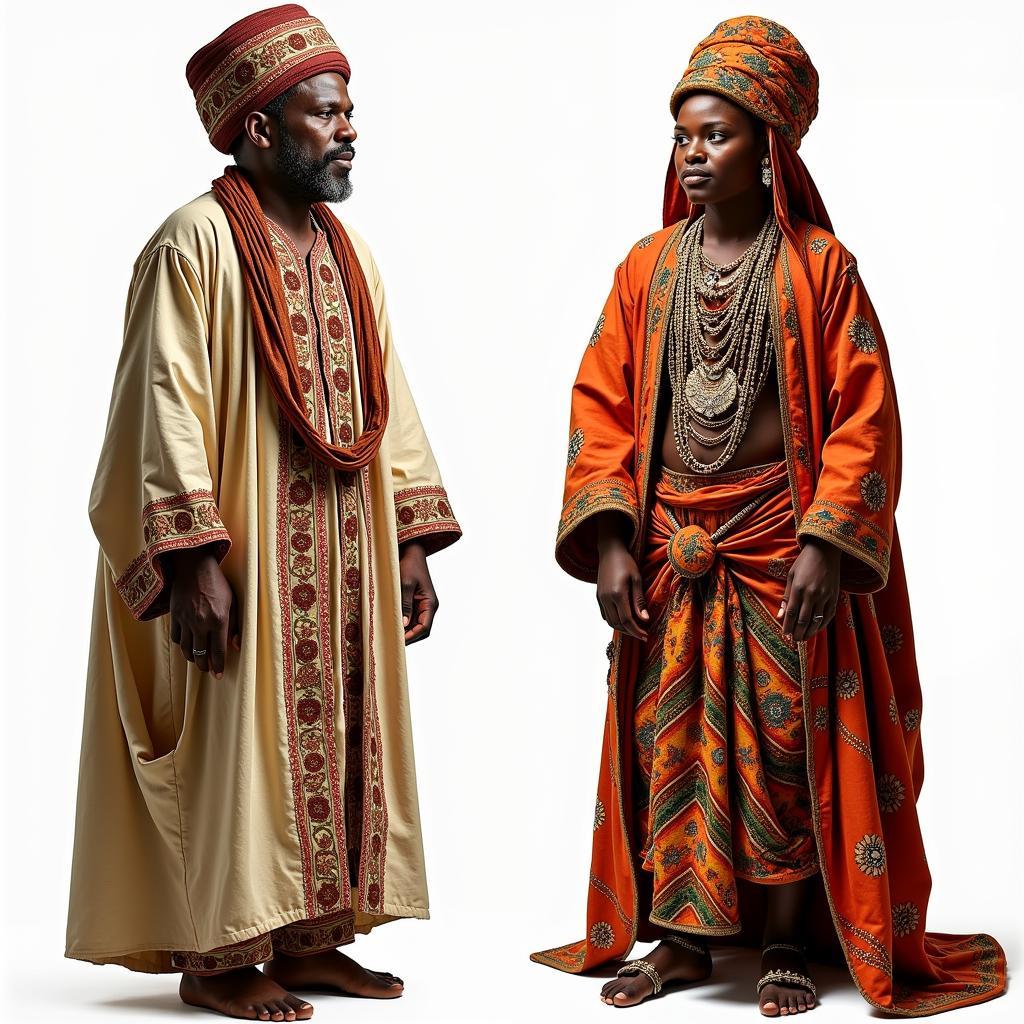African Artifacts in America: A Legacy of Cultural Influence
African Artifacts In America represent a complex and often overlooked aspect of the African diaspora. These objects, ranging from everyday tools to intricate sculptures, offer a tangible connection to the history of the transatlantic slave trade and the enduring legacy of African culture in the United States. The presence of these artifacts sparks curiosity about their origins, their journeys across the Atlantic, and the stories they tell about African artistry, resilience, and cultural survival.
Unveiling Hidden Histories: The Significance of African Artifacts
The significance of African artifacts in America extends far beyond their aesthetic appeal. These objects serve as powerful reminders of the transatlantic slave trade, a dark chapter in human history that forcibly displaced millions of Africans to the Americas. These artifacts, often the only possessions enslaved Africans were able to carry with them, embody the pain of separation, the struggle for survival, and the resilience of the human spirit.
Moreover, African artifacts provide invaluable insights into the diverse cultures and traditions of the African continent. From the intricate beadwork of the Yoruba people to the bold, geometric designs of the Kuba textiles, these artifacts reflect the richness and complexity of African artistic expression. By studying these objects, we gain a deeper understanding of the cultural heritage that enslaved Africans brought with them, a heritage that has profoundly shaped American culture.
Where to Find African Artifacts in America: Museums and Collections
Today, a number of museums and institutions across the United States are dedicated to preserving and showcasing the legacy of African artifacts. The African American Museum of Detroit houses a diverse collection of artifacts, including textiles, pottery, and religious objects, that illustrate the breadth of African artistic traditions. Similarly, the African American Museum of Nassau County offers visitors a glimpse into the history of African Americans in New York, with exhibits featuring artifacts from everyday life as well as those highlighting significant historical events.
The Ethics of Display: Repatriation and Cultural Sensitivity
The display of African artifacts in American museums has sparked important conversations about repatriation, cultural sensitivity, and the responsibility of institutions to engage with the descendants of those from whom these objects were taken. Many argue that African artifacts should be returned to their countries of origin, where they can be displayed in their proper cultural context. Repatriation is a complex issue with legal, ethical, and logistical challenges, but it is an essential conversation to have as we strive to understand and acknowledge the complexities of cultural heritage and ownership.
“The presence of African artifacts in American museums presents both an opportunity and a responsibility,” states Dr. Abena Owusu, a leading scholar in African art and repatriation. “We have a duty to ensure these objects are displayed with respect, sensitivity, and a commitment to telling the full story of their origins and significance.”
Beyond Objects: African Cultural Influence in America
The influence of African culture in America extends far beyond tangible objects. Music, dance, food, and language bear the indelible mark of African traditions, demonstrating the enduring legacy of African culture in shaping the fabric of American society. From the rhythmic beats of jazz and blues to the vibrant flavors of soul food, African cultural elements have become deeply ingrained in the American experience.
Exploring the presence of African American artifacts in America offers a unique lens through which to understand the complexities of history, culture, and identity. These objects serve as powerful reminders of the connections that bind us across continents and the importance of preserving cultural heritage for generations to come.



